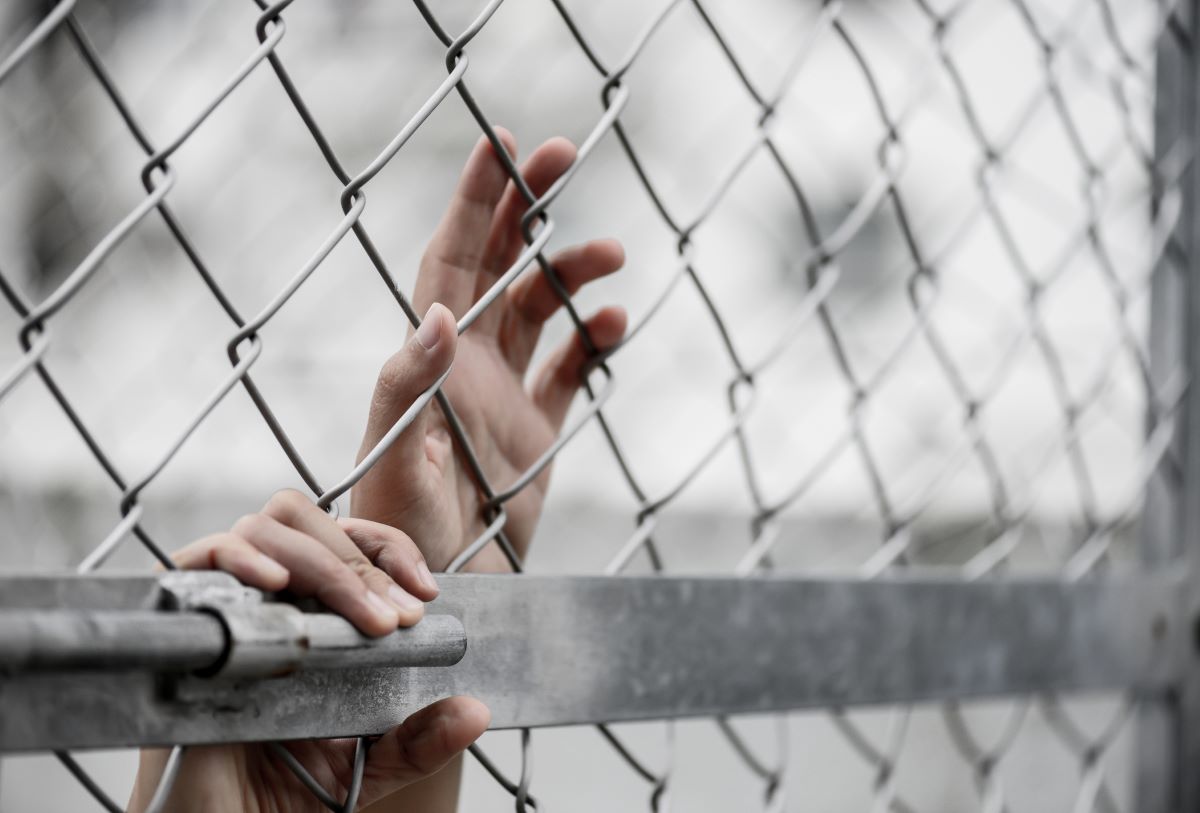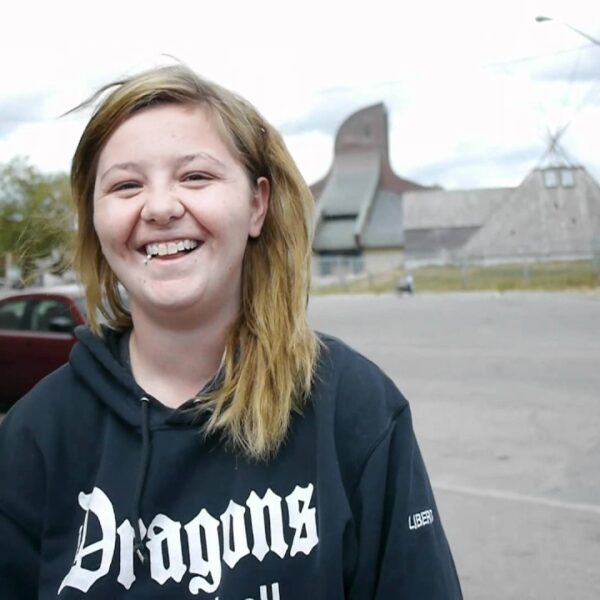Some 4.2 million children and young adults experience homelessness each year. These youth are at exceptionally high risk of becoming victims of sexual abuse, sexual exploitation, trafficking in persons, and sex trafficking, as well as developing substance abuse disorders. And more than half can’t access shelters because they’re full.
The bipartisan Runaway and Homeless Youth and Trafficking Prevention Act (RHYTPA) of 2022 seeks to help these youth and young adults by providing them with networks of support that connect them with not only housing but educational and employment services, health care, outreach and prevention efforts.
The 2022 bill (S.4916/H.R.8498), sponsored by Reps. John Yarmuth (D-Kentucky) and Don Bacon (R-Nebraska) and Sens. Patrick Leahy (D-Vermont), and Susan Collins (R-Maine), reauthorizes and expands the Runaway and Homeless Youth Act (RHYA), initially passed in 1974 and last reauthorized in 2018.
“Every child has a basic right to feel safe and secure, and reducing youth homelessness is a key part of that equation,” Leahy said in a release. “The Runaway and Homeless Youth Trafficking Prevention Act reauthorizes vital grant programs that communities across the country rely on to prevent and respond to youth homelessness. These programs fund incredibly important work and save lives.”
The Runaway and Homeless Youth and Trafficking Prevention Act funds:
- Basic Center Program (BCP) provides temporary housing with crisis intervention services to minors, including counseling, family reunification, and aftercare.
- Transitional Living Program (TLP) provides longer-term housing with supportive services for homeless youth aged 16 to 25 years old, such as education support, job preparation, and health care needs—including Maternity Group Homes to serve pregnant and parenting youth experiencing homelessness.
- Street Outreach Program (SOP)— provides outreach to run away, homeless, and trafficked youth to build relationships and refer youth to vital services at street locations and drop-in centers.
The 2022 update also creates a new Prevention Services Program (PSP) to prevent youth from running away and becoming homeless or street youth.
One in Five Homeless Youth Are Trafficked for Sex, Labor or Both
The PSP is particularly important because youth without a safe place to go are at high risk of human trafficking.
According to a Covenant House International study, one in five—disproportionately youth of color, LGBTQI+ youth, system-involved youth, young parents, and youth who do not complete high school—have been victims of human trafficking for sex, labor, or both. A 2016 report from the Family & Youth Services Bureau (FYSB) states that 24 percent of youth living on the streets exchanged sex for money, while 27.5 percent did so for a place to stay.
Meanwhile, RHYA programs have been chronically underfunded. Shelters are so full that 53 percent of respondents to the FYSB survey said they were turned away. Another 52 percent said they didn’t know where to go. Forty-three percent didn’t have any transportation to get to the shelter.
The 2022 updates seek to address those issues, among others. Changes include:
- Increasing length of stay for crisis housing for minors and increasing age limits for longer-term housing options for young people
- Adding a mandatory nondiscrimination clause
- Adding the following requirements to address human trafficking and sexual violence:
- Programs and services to ensure staff training on human trafficking, trauma, sexual abuse, and assault
- Engaging in outreach with victims of sexual abuse, exploitation, trafficking in persons, or sex trafficking
- Extending services to survivors of sexual abuse, sexual exploitation, and trafficking
- Authorizing waivers to program requirements in extraordinary circumstances, such as natural disasters, public health emergencies, or financial crisis
- Creating a new community-based program to prevent homelessness for youth before it occurs
- Requiring grantees to assist youth in completing the Free Application for Federal Student Aid
- Authorizing over $350M per year for RHYA services for youth
Bill Awaiting Passage in Committee Before it Can Move to Full House, Senate
The package is especially needed in the aftermath of the pandemic, when, according to National Network for Youth (NN4Y) Executive Director Darla Bardine, young people “continue to face extremely limited access to affordable housing and living wage employment, as well as barriers to education.”
Her thoughts were echoed by Bacon, one of the sponsors of the legislation:
“The pandemic increased the number of homeless and runaway youths, who have become more susceptible to trafficking, so we need to increase our federal efforts to assist them,” Bacon said. “Our bill will provide agencies with the means to support youth who are in vulnerable positions and give them resources to address these problems.”
However, Congress has not yet passed the bill. Bardine said it’s currently in committee—Education and Labor in the House, Judiciary in the Senate. While it’s likely it will pass in the House, she said there might be a struggle to get it out of committee in the Senate.
“We need one Republican from the Judiciary to cosponsor for it to be brought to a vote within the committee,” she said. “It is not going to be easy to get a Republican to cosponsor because of the funding amount and because of the nondiscrimination clause—in particular because it includes LGBTQIA-plus youth.”
NN4Y has put together a sample email to send to representatives to urge them to sign on to the legislation. To find your Congressional representative or senator, click here.













